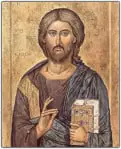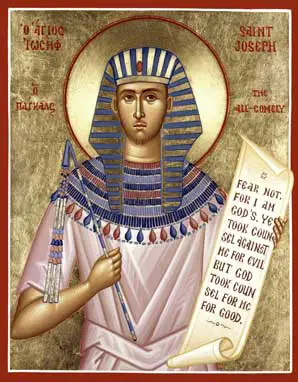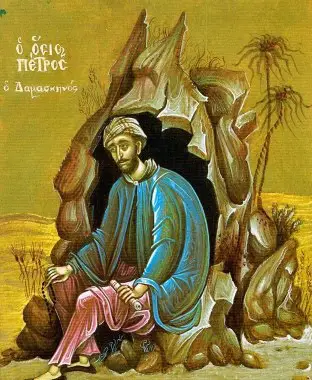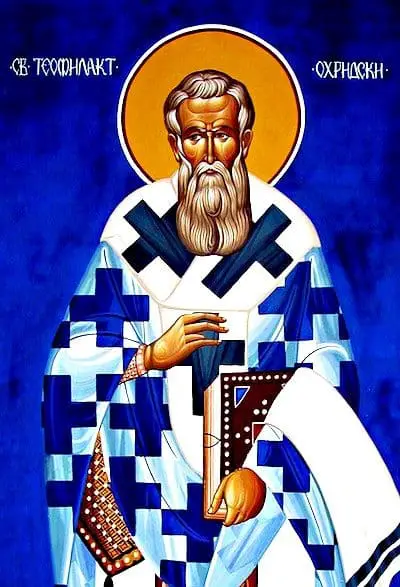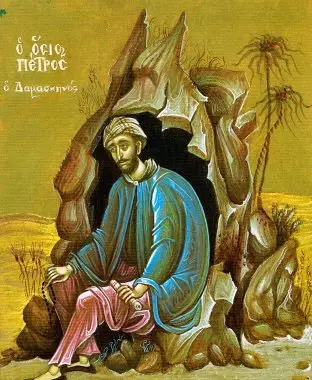St. John Cassian: . . . For there is nothing in your preaching to offend them.
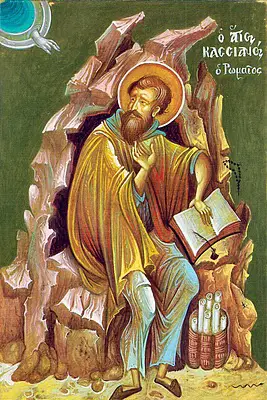
“Tell me then, you heretic, you enemy of all men, but of yourself above all— to whom the cross of our Lord Jesus Christ is an offense as with the Jews, and foolishness as with the Gentiles, you who reject the mysteries of true salvation, with the stumbling of the former, and are foolish with the stubbornness of the others, why was the preaching of the Apostle Paul foolishness to the pagans, and a stumbling-block to the Jews? Surely it would never have offended men, if he had taught that Christ was, as you maintain He is, a mere man? For who would think that His birth, passion, cross, and death were incredible or a difficulty? Or what would there have been novel or strange about the preaching of Paul, if he had said that a merely human Christ suffered that which human nature daily endures among men everywhere? But it was surely this that the foolishness of the Gentiles could not receive, and the unbelief of the Jews rejected; namely, that the Apostle declared that Christ whom they, like you, fancied to be a mere man, was God. This it certainly was which the thoughts of these wicked men rejected, which the ears of the faithless could not endure; namely, that the birth of God should be proclaimed in the man Jesus Christ, that the passion of God should be asserted, and the cross of God proclaimed. This it was which was a difficulty: this was what was incredible; for that was incredible to the hearing of men, which had never been heard of as happening to the Divine nature. And so you are quite secure, with such an announcement and teaching as yours, that your preaching will never be either foolishness to the Gentiles or a stumbling-block to the Jews. You will never be crucified with Peter by Jews and Gentiles, nor stoned with James, nor beheaded with Paul. For there is nothing in your preaching to offend them.”
+ St. John Cassian, “On the Incarnation: Contra Nestorius” – Book III Chapter 9
St. John Cassian: . . . For there is nothing in your preaching to offend them. Read More »
